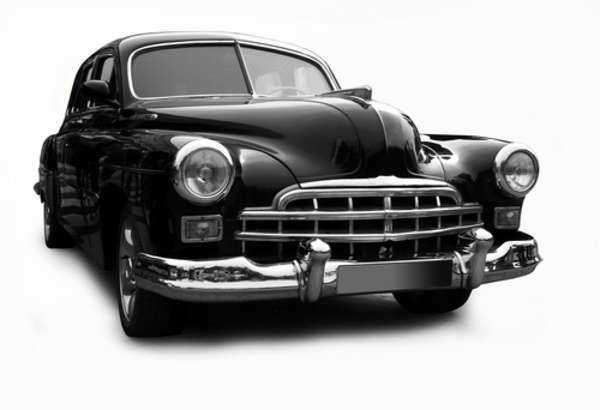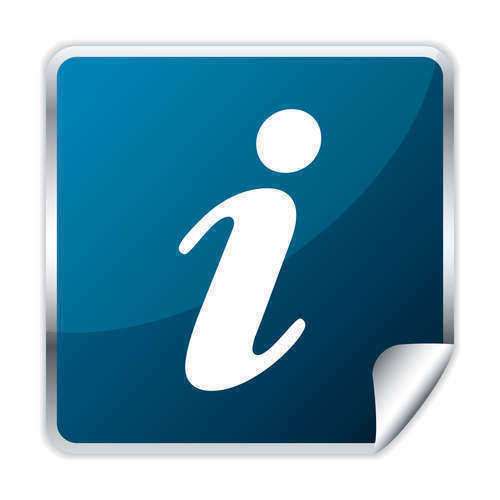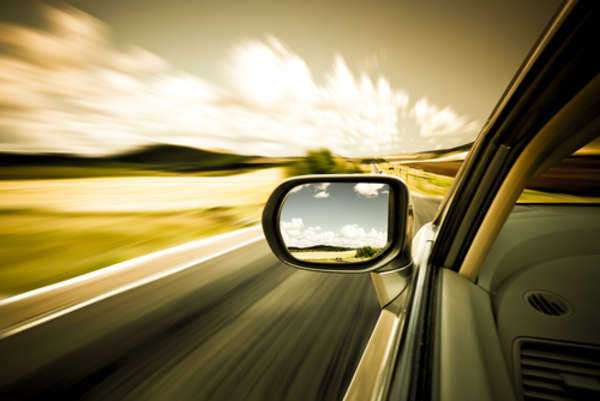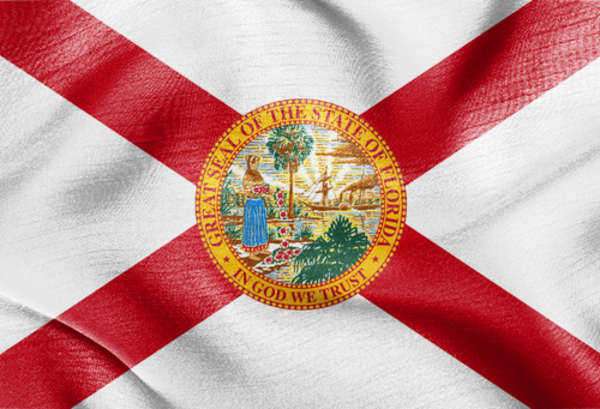
What is a Hit and Run Accident?
A hit and run accident is an illegal driving maneuver where the individual who is responsible for causing or contributing to the accident fails to stop and identify him/herself afterwards. Instead of going through the normal process following an accident or serving as recourse for the other individual(s) involved, a hit and run occurs when the perpetrator or individual liable for the collision simply drives away. The person responsible for causing the accident in a hit and run situation will flee the scene to avoid the exchange of information and the penalties or prosecution which subsequently arise. A hit and run is deemed a crime in the majority of jurisdictions.
A hit and run can occur in any type of accident. The driver responsible for or contributing to the accident must flee the scene to be deemed a hit and run driver. The accident itself is not paramount; it is the act of fleeing that constitutes the action. For instance, a driver may flee the scene after he/she crashes into a person, a fixture or another automobile. If the hit and run revolves around a car on car accident, the driver may flee after hitting a parked or unoccupied car or a vehicle that carries multiple passengers. Again, the act of fleeing the scene is the fundamental characteristic of a hit and run accident.
A hit and run is considered highly illegal because following an accident, parties involved are required to partake in a formal process. The attached process is typically compulsory. In the bulk of jurisdictions, additional obligations to exchange information concerning one’s financial responsibility (including the delivery of insurance cards) or to summon emergency services are mandatory. These actions, although not enforced by law in every jurisdiction in the U.S., are considered a social norm. Moreover, if an individual hits a parked car and causes damage to the car, the driver who caused the accident should leave a note with his or her personal and insurance information. If the individual ignores the accident and flees the scene they will be committing a hit and run.
Unfortunately, those who fall victims to hit and runs may only seek retribution if an eye witness is on the scene. To prosecute someone for a hit and run charge, a license plate number or detective work is required.
Legal Consequences Associated with Hit and Runs:
A hit and run violations imposes a number of severe legal consequences, including the suspension or cancellation of a driver’s license (possible permanent lifetime revocation of a license in certain jurisdictions). A hit and run offense is often deemed a criminal offense which may be punished by imprisonment or exorbitant fines. Moreover, insurance companies will frequently void the policies who commit the offense.
In the United States, the penalties and the definition of the incident will vary from state to state. For instance, in the state of Virginia, a hit and run is a felony only if the accident causes a death, serious injury or damage to property in excess of a certain dollar amount. In all other instances, a hit and run will be deemed a misdemeanor in the state of Virginia. In Texas, a hit and run is deemed a third degree felony only if the accident involves a death or serious bodily injury. Accidents causing less than severe injuries are punishable in the state of Texas by imprisonment in the Texas Department of Criminal Justice. This sentence may be no more than five years. Additionally, the individual may be sentenced to confinement in a county jail for no more than one year with an attached fine that may not exceed $5,000. Accidents causing $200 or more in damages without injuries are deemed a class B misdemeanor in the state of Texas. Accidents causing less than this figure are regarded as class C misdemeanors.
By viewing these examples one can ascertain that the penalties attached to a hit and run conviction will vary based on the severity (amount of damage and presence of death or serious injury) of the accident.
How do I Handle a Hit and Run Accident?
If you are struck by a car, and the driver immediately flees the scene, you must somehow gather yourself and control your emotions. Granted this statement is broad; if you sustain serious injuries your ability to record the driver’s license plate or any information regarding the vehicle will invariably be inhibited. So, as a general rule, if you are involved in a hit and run accident, do whatever you can to try and get a glimpse of the liable vehicle—any information you can obtain will help the police nab the perpetrator. Try and provide a description of the vehicle that caused the accident. Notice the make, model and color of the vehicle. The ultimate goal—however unfeasible it may be—is to record the license plate number of the car that hit you. Whatever information you gather will be useful; the information must relay when you file a police report and an accident claim with your insurance provider.
If you cannot recall the vehicle’s information or if you simply could not get a glimpse, you should still provide the police with as much information as possible. Record the location and time of the accident, along with many other details concerning the sequence of events. Look around for witnesses who may have seen the accident or vehicle that caused the crash. If you find any witnesses, immediately record their names, contact information and testimonials. Witnesses are vital when trying to pinpoint an individual guilty of a hit and run accident.
Never Chase the Hit and Run Driver:
After you or your vehicle is struck, do not chase the other driver. Although tempting, it is exceedingly dangerous to chase the driver who caused damage to you. Under no circumstances should you chase the other driver; you have no idea what the person may be thinking or what action will be taken once you have been spotted. Additionally, your heightened adrenaline and emotions may prompt you to drive without caution, perpetuating a subsequent accident. So, after a hit and run accident occurs, it is best to remain placid, record what you remember or saw and contact the police.
Contacting the Police:
After you have been struck by a hit and run driver, you should contact the nearest law enforcement office in your area to file an accident report. The accident report will contain all the information you have recorded from your observations. Even if you do not have a lot of information it is necessary to file a police report following a hit and run accident. Without filing this report, the police will have no clue as to what happened. Without knowledge, the police will not be able to investigate your accident and in turn, you will not be able to recoup any of the damages associated. Moreover, a police report will quicken the auto claims process and provide you with an official document to rely upon later.
Filing an Insurance Claim after a Hit and Run Accident:
If you have enough information that may be used to identify the hit and run driver, you may fain that individual’s car insurance information. If this is the case, immediately contact the provider and file a claim with them. This claim will be the primary mechanism to help you collect compensation for the damages sustained. If the hit and run driver does not carry adequate insurance coverage, you must seek retribution through the court system.
If the hit and run driver cannot be located or identified, you must file a claim with your insurance company. This process is typically undertaken by individuals who have uninsured or are underinsured vehicle insurance.
Your insurance policy will frequently provide protection in two forms: bodily injury and property. If you have sustained serious injuries or your car was severely damaged it is crucial to file claims. These claims will provide a foundation for compensation. Bodily injury protection will provide monetary compensation for injuries you or your passengers incur. These funds will provide compensation for convalescence and the costs associated with lost wages and time and suffering. The latter form of protection will offer compensation for damages sustained to your motor vehicle.
If you do not have uninsured or underinsured vehicle insurance and do not know who cause the accident, you will unfortunately have to pay the expenses out of your own pocket. Because of this brutal realization, you may want to consider adding these coverages next time you go for an insurance quote.










